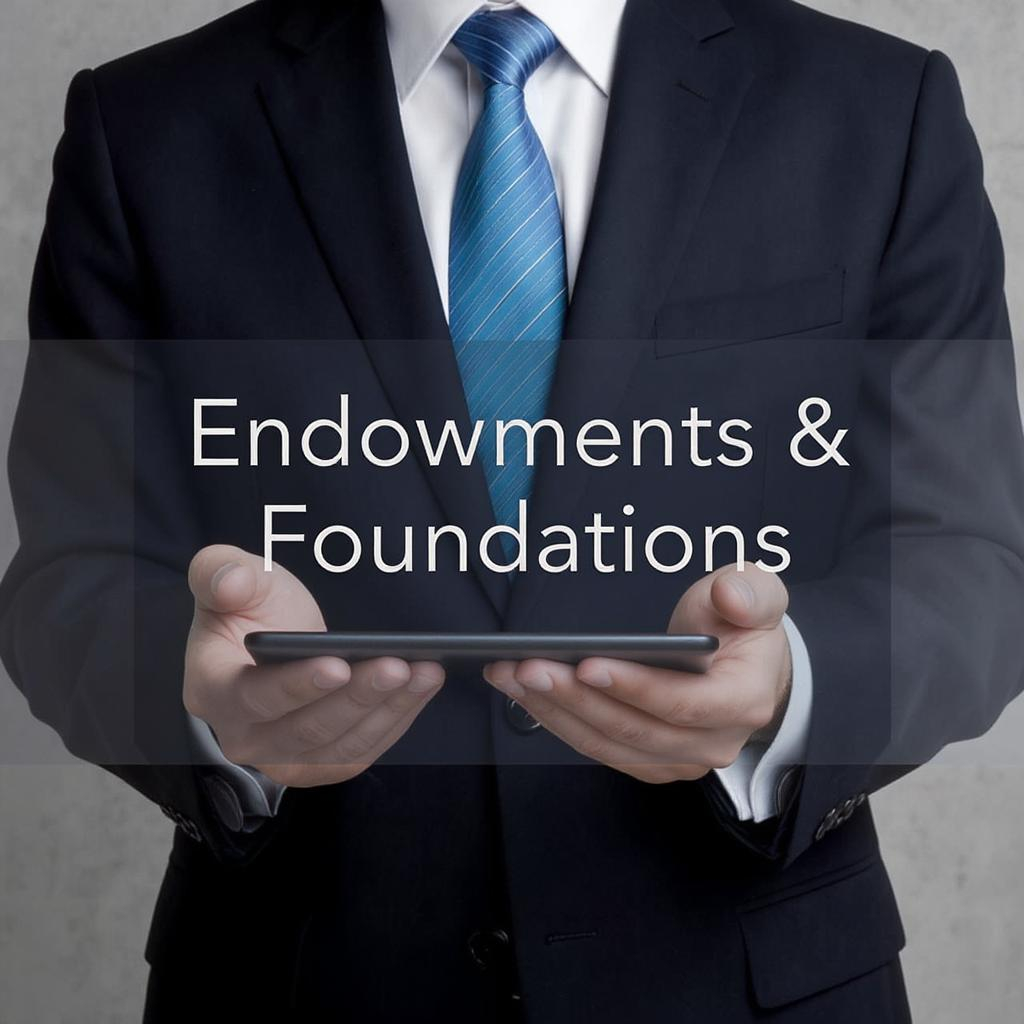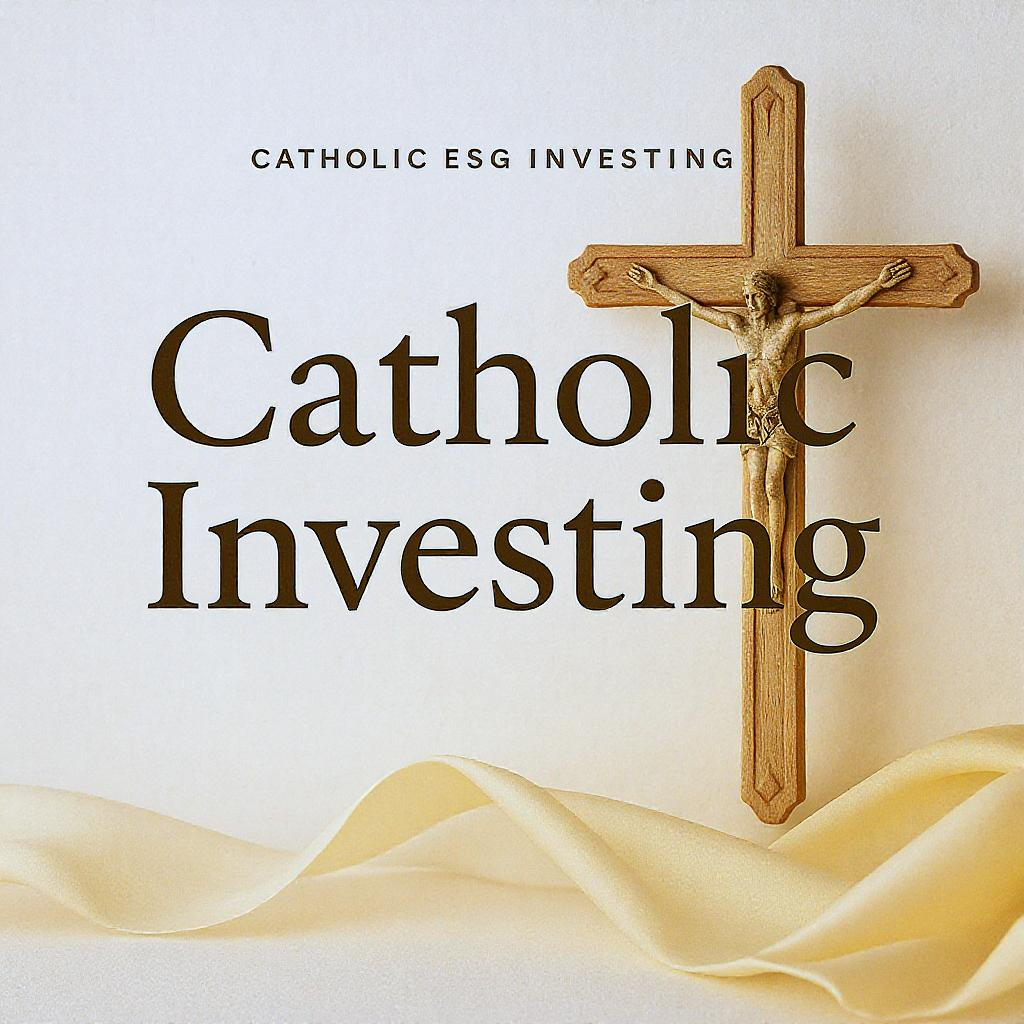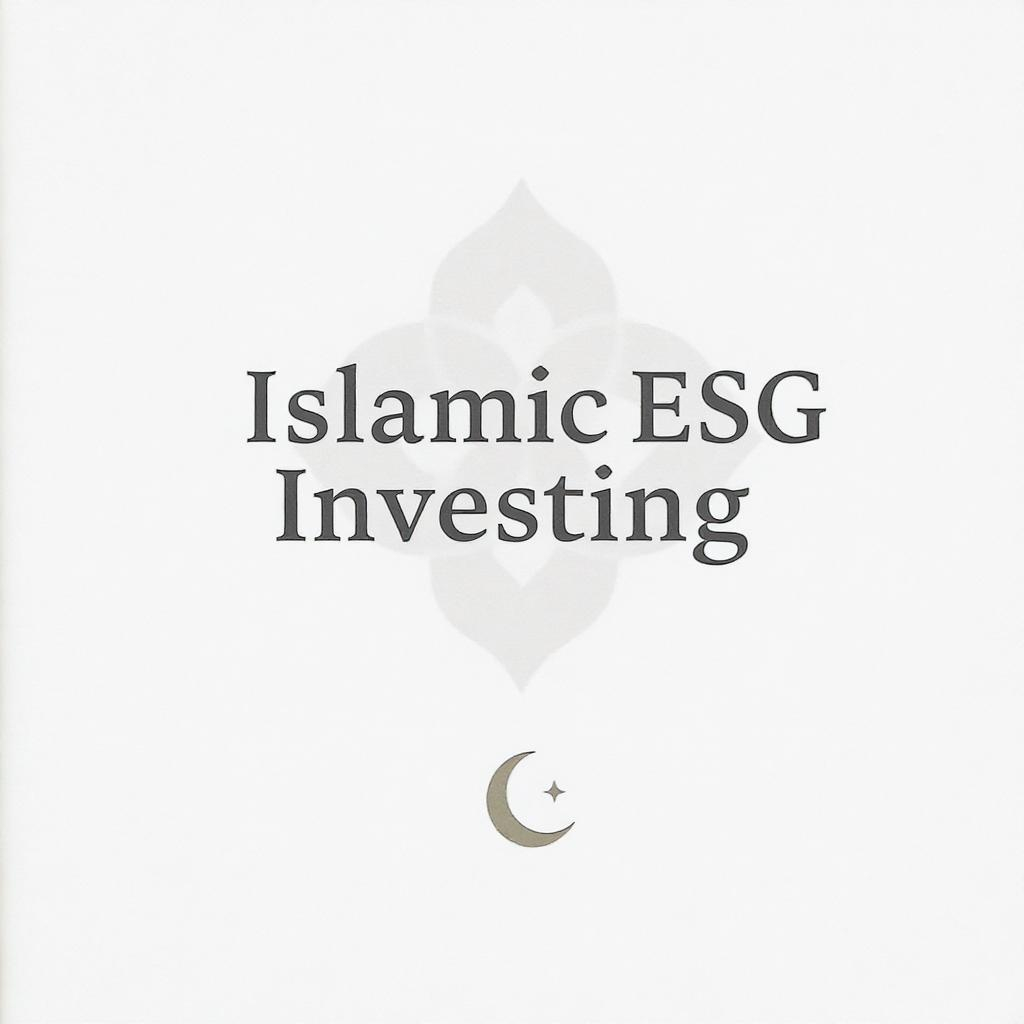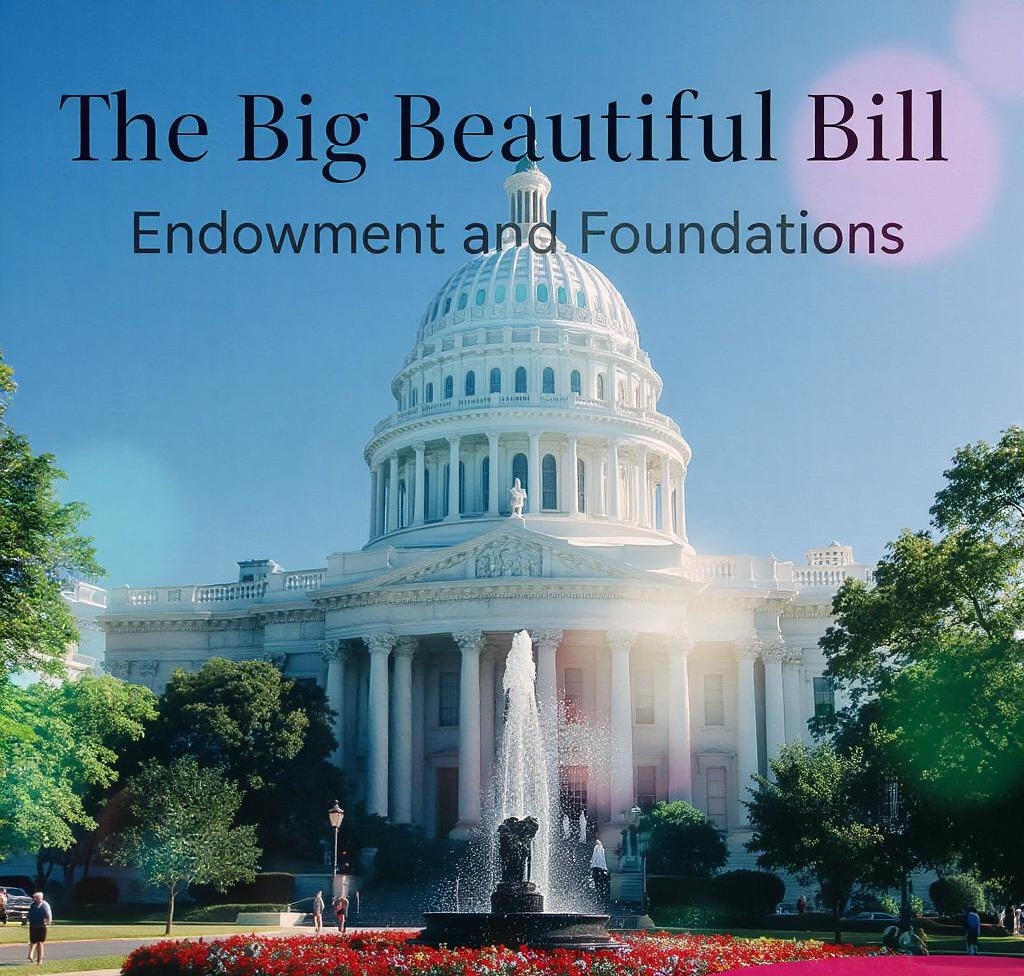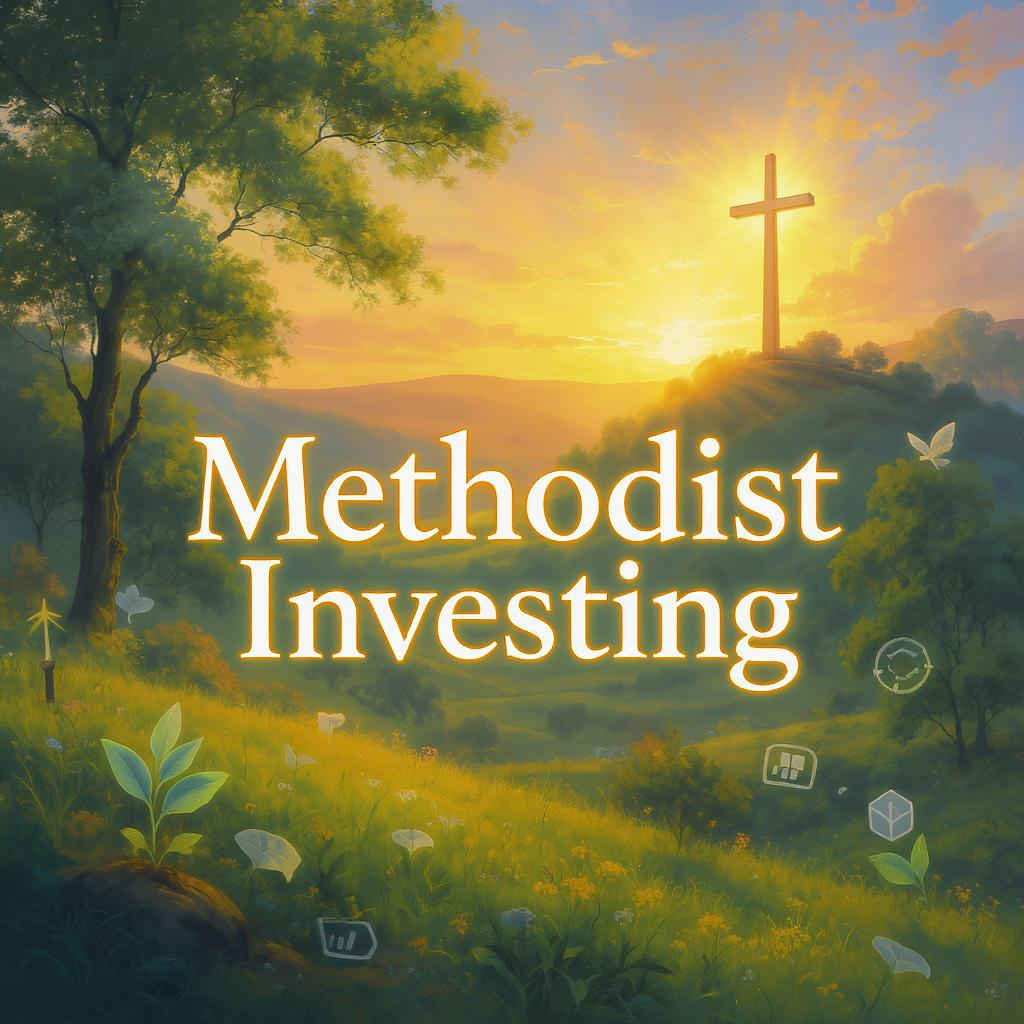Choosing an investment advisor for your foundation or endowment is a pivotal decision that shapes both your organization’s mission and its enduring legacy. The strength of your investment portfolio fuels your ability to deliver on that mission, making it essential to have a partner who can steer through an increasingly complex and often unpredictable market. While many institutions default to large, national firms, an increasing number of foundations and endowments are recognizing the advantages of working with boutique investment advisors. These specialized firms often provide direct access to their most senior professionals, nimble decision-making, and a deeper alignment of interests—benefits that can be difficult to replicate within larger organizations.
Category Archives: Endowments
Endowments, Fiduciary Advisor, Foundations, Nonprofits, Private Equity, Selecting an Endowment or Foundation Investment Advisor, Selecting an Investment Advisor
Securing Tomorrow, Today: The Indispensable Role of Private Equity in Endowment & Foundation Portfolios
Endowments and foundations are entrusted with a monumental responsibility: to steward capital in a way that not only preserves but robustly grows purchasing power for generations, supporting vital missions in perpetuity. In a landscape marked by market volatility, persistent inflationary pressures, and evolving return expectations, the asset allocation decisions made today are foundational—they will echo for decades. Increasingly, private equity (PE) has emerged as an indispensable cornerstone strategy for institutions seeking to meet these challenges head-on and secure their future. Here’s why investment committees should unequivocally give private equity a prominent place at the table.
Alternative Investments, Endowments, Endowments and Foundations, ESG, Fiduciary Advisor, Foundations, Nonprofits, Planned Giving, Selecting an Endowment or Foundation Investment Advisor, Selecting an Investment Advisor
The Enduring Legacy: How Planned Giving is Revolutionizing Nonprofit Endowments
The world has changed dramatically in recent years, and with it, the landscape of philanthropy. The pandemic, while presenting immense challenges, also illuminated the critical importance of long-term financial stability for nonprofits. This has shone a spotlight on planned giving and legacy gifts, recognizing them not just as a bonus, but as indispensable cornerstones for building robust endowment funds.
So, how are forward-thinking nonprofits seizing this moment, and what truly motivates donors to secure an organization’s future for generations to come?
Alternative Investments, Endowments, Family Office, Foundations, Private Equity, Private Wealth, Selecting an Investment Advisor
Unlocking the Private Market: A Deep Dive into Private Equity and Venture Capital
Private equity (PE) has long been a domain for institutional investors and the ultra-high-net worth promising access to exclusive opportunities and the potential for outsized returns. But what exactly is private equity, and how does it differ from traditional public market investments? More importantly, is it the right fit for your investment strategy?
In this post, we’ll explore the main reasons to consider—and to be cautious about—investing in private equity, delve into its various styles and strategies, including the dynamic world of venture capital, and help you understand if this alternative asset class aligns with your financial goals.
Catholic ESG Investing, Catholic Screens, Endowments, Environmental, Social and Governance, ESG, Foundations, Nonprofits, Selecting an Endowment or Foundation Investment Advisor, Selecting an Investment Advisor
Catholic ESG Constraints for Endowments and Foundations: A Comprehensive Investment Guide
The intersection of Catholic moral teaching and environmental, social, and governance (ESG) investing presents both profound opportunities and nuanced challenges for Catholic endowments and foundations. The United States Conference of Catholic Bishops (USCCB) has established comprehensive guidelines that serve as a robust framework for socially responsible investment strategies, often referred to as Socially Responsible Investing (SRI). These guidelines underscore that effective stewardship demands both financial prudence and moral integrity, acknowledging that “socially beneficial activities and socially undesirable or even immoral activities are often inextricably linked in the products produced and the policies followed by individual corporations.” This necessitates careful navigation of complex investment landscapes. The framework skillfully balances the imperative to achieve reasonable financial returns with the sacred obligation to align investments with Catholic social teaching, creating a sophisticated approach that transcends simple exclusionary screening to actively embrace shareholder advocacy, community development, and impactful investing strategies.
Endowments, Environmental, Social and Governance, ESG, Foundations, Islamic ESG Investing, Nonprofits, Selecting an Endowment or Foundation Investment Advisor, Selecting an Investment Advisor
Islamic ESG Constraints for Endowments and Foundations: A Comprehensive Investment Guide
The integration of Islamic theological principles and ethics with environmental, social, and governance (ESG) investing presents both profound opportunities and unique challenges for Islamic nonprofit organizations, endowments, and foundations. Guided by the Quran, Sunnah, and centuries of Islamic jurisprudence (Sharia), Socially Responsible Investing (SRI) in Islamic contexts aims to align financial decisions with core values such as repairing the world (Tikkun Olam equivalent in spirit through concepts like Maslaha), pursuing justice (Adl), and promoting communal welfare (Ihsan), while strictly adhering to prohibitions against interest (Riba), excessive uncertainty (Gharar), and gambling (Maysir). This comprehensive approach demands both financial prudence and deep moral integrity, creating a sophisticated framework that extends beyond simple exclusionary screening to actively embrace shareholder advocacy, community development, and impactful investing strategies that reflect Islamic communal priorities and global responsibilities.
Alternative Investments, Endowments, Endowments and Foundations, Fiduciary Advisor, Foundations, Nonprofits, Selecting an Endowment or Foundation Investment Advisor, Selecting an Investment Advisor
The Big Beautiful Bill: Why This New Tax Law Is Reshaping Endowment and Foundation Investing
The financial world for endowments and foundations just got a wake-up call. The “One Big Beautiful Bill Act,” or OBBB, signed into law on July 4, 2025, isn’t just another piece of legislation—it’s a fundamental change to the economics of large-scale charitable investing. Starting in 2026, a new excise tax regime will profoundly impact how major institutions manage their portfolios, a change that will have an immediate and compounding effect.
Important clarification: The OBBB Act specifically targets private foundations and university endowments. Donor-advised funds (DAFs), community foundations, and operating charities are NOT affected by these new excise tax rules. These charitable vehicles continue to operate under the previous tax framework and remain exempt from the progressive rate structure described below.
For any private foundation or university endowment with assets over $50 million, this isn’t a minor adjustment; it’s a call to action. The drag on returns will snowball, impacting future grants and mission-driven spending. Here’s a deep dive into what changed, why it matters, and the advanced strategies you can use to respond.
Alternative Investments, Bitcoin, Cryptocurrencies, Endowments, Family Office, Foundations, Hedge Fund Strategies, Hedge Funds, Liquid Alternatives, Nonprofits, Pensions, Selecting an Investment Advisor
Hedge Funds Through 2025: Evolution, Growth, and Market Dynamics – A Deep Dive
The hedge fund industry has undergone significant transformation, experiencing unprecedented growth, evolving strategies, and adapting to new market realities. Global hedge fund assets have surged to record levels approaching $4.5 trillion by the end of 2024, representing more than a doubling of industry assets from the $2 trillion managed in 2010. This expansion reflects the industry’s resilience through multiple market cycles, technological advancement, and evolving investor preferences for diversified, risk-adjusted returns.
University endowments have historically allocated significant assets to hedge funds. By fiscal year 2024, the average endowment had 16.1 percent of its assets invested in marketable alternatives, a category that includes hedge funds (Source: 2024 NACUBO-Commonfund Study of Endowments). In part due to the well-publicized success of some large university endowments, smaller endowments, foundations, museums, libraries, healthcare organizations, and other nonprofit institutions have sought similar investment approaches. While effective hedge fund investing can help endowment and foundation investors meet investment objectives, it also brings specialized risks and challenges that must be diligently managed.
Endowments, Environmental, Social and Governance, ESG, Foundations, Jewish ESG investing, Nonprofits, Selecting an Endowment or Foundation Investment Advisor, Selecting an Investment Advisor
Jewish ESG Constraints for Endowments and Foundations: A Comprehensive Investment Guide
The integration of Jewish theological principles with environmental, social, and governance (ESG) investing presents both profound opportunities and unique challenges for Jewish nonprofit organizations, endowments, and foundations. Guided by ancient wisdom and modern interpretations of Jewish law and ethics, Socially Responsible Investing (SRI) in Jewish contexts aims to align financial decisions with core values such as repairing the world (Tikkun Olam), pursuing justice (Tzedakah), and protecting creation (Bal Tashchit). This comprehensive approach demands both financial prudence and deep moral integrity, creating a sophisticated framework that extends beyond simple exclusionary screening to actively embrace shareholder advocacy, community development, and impactful investing strategies that reflect Jewish communal priorities and global responsibilities.
Endowments, Environmental, Social and Governance, ESG, Fiduciary Advisor, Foundations, Methodist ESG Investing, Nonprofits, Selecting an Endowment or Foundation Investment Advisor, Selecting an Investment Advisor
Methodist ESG Constraints for Endowments and Foundations: A Comprehensive Investment Guide
The intersection of Methodist theological principles and environmental, social, and governance (ESG) investing presents both profound opportunities and nuanced challenges for Methodist endowments and foundations. Wespath (the United Methodist Church’s general agency that manages investments) and the United Methodist Church’s Social Principles provide a robust framework for socially responsible investment strategies, often referred to as Socially Responsible Investing (SRI). These guidelines underscore that effective stewardship demands both financial prudence and moral integrity, acknowledging that “socially beneficial activities and socially undesirable or even immoral activities are often inextricably linked in the products produced and the policies followed by individual corporations.” This necessitates careful navigation of complex investment landscapes. The framework skillfully balances the imperative to achieve reasonable financial returns with the sacred obligation to align investments with Methodist theological principles of doing good, avoiding harm, and seeking justice, creating a sophisticated approach that transcends simple exclusionary screening to actively embrace shareholder advocacy, community development, and impactful investing strategies.
- 1
- 2
